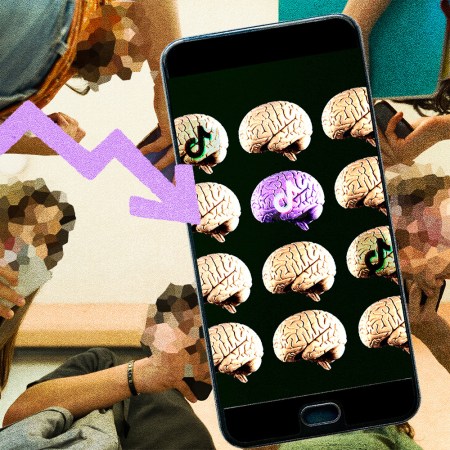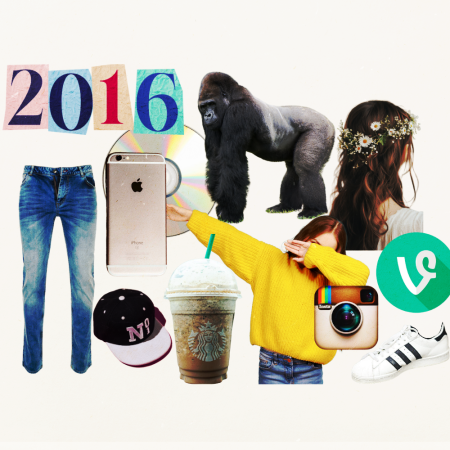At times, anti-TikTok sentiment can wander into the realm of “Old Man Yells at Cloud.” Even if running up a mountain of milk crates is dangerous, devoting a Twitter thread, personal blog or reaction video to explain precisely why screams as lame and out of touch. After all: no one thought it was safe. That’s why people were doing it in the first place.
Sometimes, though, TikTok desperately needs these checks and balances. Like any other form of social media, the platform is fertile ground for the spread of misinformation. In some ways, TikTok has even proven itself a larger conduit for lies than Twitter (which has gotten better at flagging and labelling untrustworthy sources) and YouTube (where conspiracy theories thrive, but videos are less personal than what a user usually encounters on TikTok).
Amidst the many creators who log on to TikTok to dance, pull pranks or make people laugh, there’s also an astonishing slew of self-anointed health experts, who use Thesaurus.com, the first page of ScienceDaily and a couple choice charts in order to communicate their hyperbolic point — all in chase of clicks and clout.
Some call hand sanitizer “poison.” Others insist that when a women stops using the pill, she’ll be less attracted to her partner. One guy cut open a fish oil capsule and poured the inside over a styrofoam. His point? Since the styrofoam dissolves, fish oil must not be good for you.
These people are full of shit. Some are simultaneously hawking a bogus product; one creator, as detailed by The New York Times is selling parasitic cleansing kits, meant to help customers to root out all the dangerous parasites hanging out in your gut. Others are just acutely attuned to how social media algorithms work — AI has a soft spot for fear-mongering. It’s unclear, in some cases, whether these people have a personal agenda or not. But it doesn’t really matter. They’re spreading lies, and getting thousands, if not millions, of reactions in return.
As a general PSA, you should avoid getting health and wellness advice from TikTok. Instead, seek out trusted publications like Healthline, Harvard Health, National Institutes of Health, World Health Organization, Cleveland Clinic, WebMD, Mayo Clinic and MedLinePlus. None of those sites are operated perfectly, but taken in aggregate, they’re going to give you a clear picture of whatever medical question you want answered. Oh, and, they’ll actually provide links out to studies — instead of just ominously flashing a headline across your screen.
If you can’t separate yourself from TikTok, though, at least give your time to creators who care about the truth. There are a number of medical professionals on the platform right now, fighting the good fight, using the platform’s stitch feature to directly interrogate and debunk false videos. These men and women aren’t getting paid to do this — they’re usually university professors or hospital directors making videos in their spare time — and thanks to TikTok’s poor management, are hopelessly outnumbered. They could use your support.
Check out accounts like: @pharmustafa, @dr_idz, @labmuffinbeautyscience, @epidemiologistkat and @austinchiangmd, @dr.karanr. Even if you don’t need to hear them mythbust “medical mysteries” on the regular (like: Red Dye 40 causes autism, holding in farts can lead to appendicitis, excessive exercise will decrease your lifespan…yeesh) someone in your world might, and you can deploy one of their videos accordingly.
The Charge will help you move better, think clearer and stay in the game longer. Subscribe to our wellness newsletter today.



















